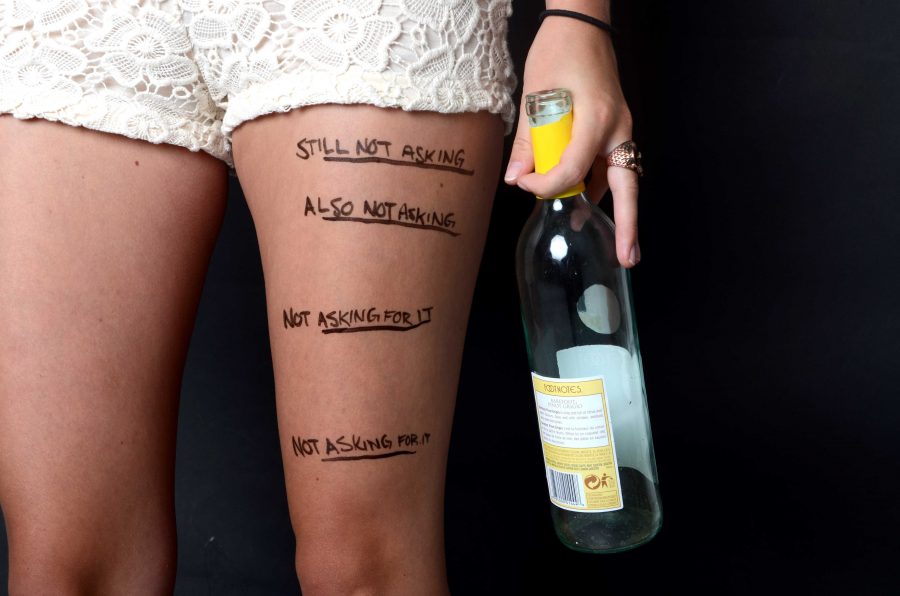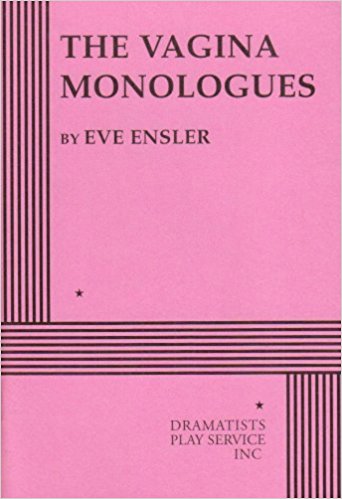By Katie Sittig-Boyd
Staff Writer

On Tuesday, Feb. 9, Gina Capra of the Violence Prevention and Educational Outreach Program and Danielle Forte of Wayside Trauma Intervention Services held a workshop to address the perpetuation of rape culture in our society.
The workshop began with a conversation concerning what constitutes rape culture. Participants’ answers varied from “dehumanizing individuals” to “teaching women to prevent their own assault, rather than teaching men not to assault.”
Other aspects of rape culture include the normalization and excuse of sexualized violence, misogynistic language, objectification, and the glamorization of sexual violence.
According to Capra, the impact of rape culture is significant and hugely negative, and involves behavior limitations, such as where people travel, how they limit their own experiences in order to avoid assault, and so on.
Capra also addressed some common statistics, emphasizing that although some dialogues are more statistically prevalent, that does not mean they are the only forms of abuse that take place.
The statistics are also only representative of reported incidents, and Capra noted that many cases of sexual violence go unreported.
“It is hard to get a feeling for how often this happens,” Capra said, adding that the agencies that have appeared in Boston to address sexual violence rose from a demand for those services, whether or not incidents are getting reported in an official capacity.
Capra and Forte then addressed how rape culture insects with other forms of marginalization, such as class, gender, race, ability, sexuality, age, and other factors.
Rape culture is comprised of many sub-components, including gender roles, cultural attitudes, and cultural inequalities; portrayals in entertainment and pop culture; and sexual and street harassment.
Misogyny, objectification, and glamorization of sexual violence also contribute to rape culture; trivialization and denial of rape as a wide-spread problem create legal and societal challenges for survivors.
Rape myths, “slut shaming,” and victim blaming, as well as violent hypermasculinity further perpetuate rape culture.
The workshop also addressed supportive actions, such as shutting down conversations and jokes; ongoing education efforts; providing companionship to people in vulnerable positions; and providing support for survivors in a way that is beneficial to them.
Capra’s office will be running events during the rest of February in conjunction with the V-logs.













